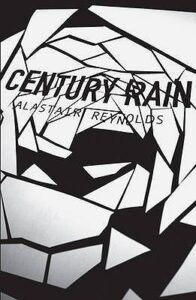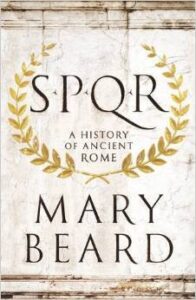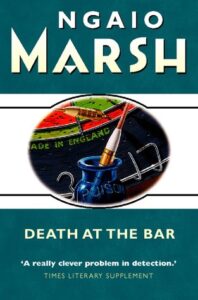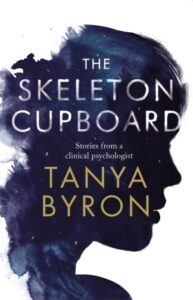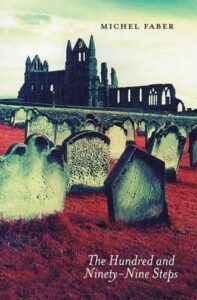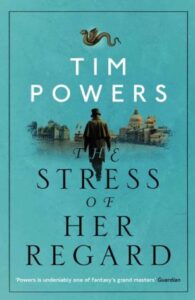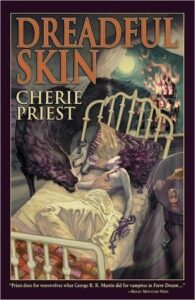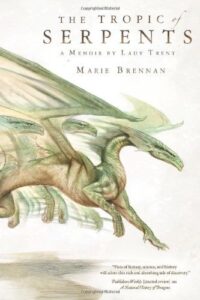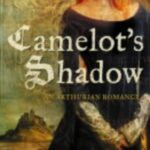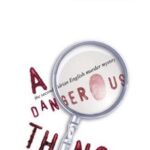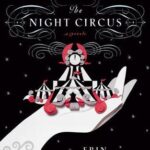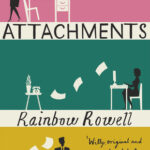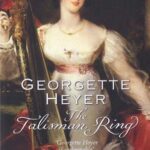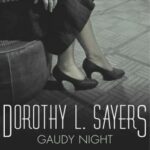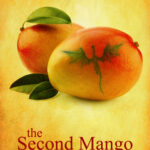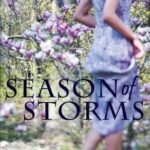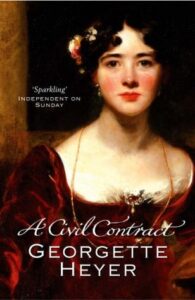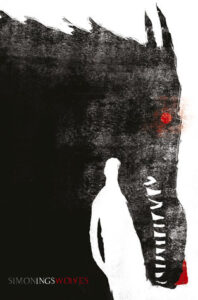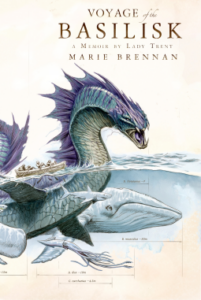 Voyage of the Basilisk, Marie Brennan
Voyage of the Basilisk, Marie Brennan
I think, the first time I read this, I may have observed that it’s beginning to push the bounds of credulity that Isabella (and dragons) should get tangled up in so much politics. I can’t say I actually noticed that, this time — it seems natural, when you just read the books straight through like this, because Isabella is willing to go anywhere and do just about anything for dragons. And of course, that means she’s in the least appropriate places for someone of her background (at least as far as her peers are concerned), and so of course she stumbles into things.
Besides, it’s Isabella. You’d be disappointed if you didn’t see her blundering into a plot or intrigue.
The story of Isabella’s time on the Basilisk is a lot of fun; the first half of the book is lighter, since it’s more travelogue-ish, until the point where the Basilisk is nearly wrecked and they have to go ashore. That opens up the world of the villagers they have to interact with, and involves a rather neat plot with a sort of third gender concept — on this island, those who are “dragon-spirited” have different social rules, and Isabella has to “marry” an island woman to calm down their fears about what she might do. Heal’li, the woman who helps her and guides her, is a pretty awesome character, and honestly I could do with a ton more of her. (And some note on whether “she” is indeed her preferred pronoun, or if, like Isabella, she’s bowed to necessity and allowed herself to be treated as female when she does in fact identify as male. I suspect not, given the way she embraces femininity, but it’s awkward to tell from Isabella’s point of view.)
And of course, Basilisk introduces new characters like Aekinitos (the “mad” captain, whose similarities to Isabella could have been used to good effect, though he was mostly in the background), Suhail the archaeologist, and even a rather more grown-up Jake (who immediately decides to become a ship’s boy, of course). I do feel the lack of Natalie, in this book; Abby isn’t much of a replacement, since she’s mostly there to keep an eye on Jake, both for Isabella’s sake and the sake of the plot.
I could probably go on for hours about all the things I love about this series — the societies, the natural history, the more general science, Tom Wilker, the enthusiasms of Suhail and Isabella — their sheer joy in what they do — the different dragons, the theories… the way that Isabella’s academic career unfolds: with some success, but by stages, as she makes a way for herself in a path barred for most women, and brings other women with her.
Don’t take my word for it, if you haven’t tried these books yet. There’s only one more to come after Labyrinth of Drakes (the fourth book), so it’s not going to be an epic series — and in fact, it reads all too quickly. I want more Isabella!

